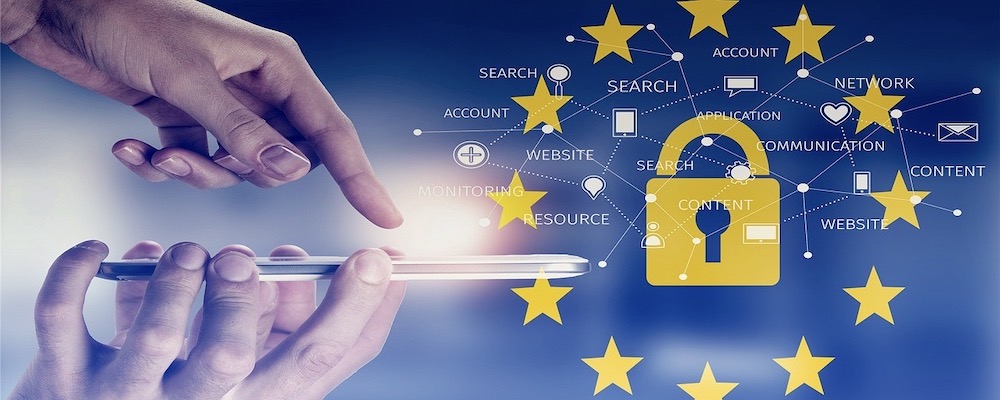It is a great pleasure for me to be here, among so many book-lovers.
Europe has long led the world in the publishing sector. That’s something to be proud of. But let’s make sure we’re taking every opportunity to stay there.
The digital revolution offers so many new possibilities for that sector. Possibilities that offer benefits for book-lovers, for the book industry, and for European culture. Already the music sector is seeing those digital benefits – although after a long period of far too much caution.
I know some see the advent of digital as a threat to the sector. But for me the biggest risk is that we fail to take advantage of new possibilities. Unless we embrace the future, the sector will for sure fall behind, overtaken by more forward-looking and dynamic parts of the world; overtaken by those who can look ahead and grasp the future. Then we will let down our economy, our people, and our cultural heritage.
And as it stands we are not sufficiently taking advantage. We are not taking enough risks. In the US, eBooks are about one quarter of book sales; in only one European country does that figure go above 2 percent. But beyond that, I am talking about innovation and creativity using digital content.
We see all around us today technology that can help us innovate and start to turn around those trends. But we need to take this seriously, in the book sector, and use those innovations. Here are three ways we can start.
First, we need the right digital content, so readers can enjoy ever more tailored and interesting material. Through Europeana, Europe’s online cultural gateway, you can already access over 26 million exhibits, including books, from over 2,000 institutions like libraries and archives.
The Orphan Works Directive also provides a god framework for getting more content online – and, now agreed, it needs to be quickly put into effect across Europe. We can also improve the legal framework to support access to out-of-commerce works; I know France has an ambitious programme to digitise half a million 20th-century out-of-commerce books. Well done!
Second, we need to think bigger; when competing with the American giants, piecemeal national initiatives won’t cut it. We need to think European to compete globally.
Specifications and standards can help: for example, by supporting interoperability and portable eBooks. ePub is just one example. Most readers expect to be able to access their books in whichever country they are, and on whatever device they choose; if European publishers can’t meet those expectations, consumers will vote with their wallets; or go to the big American companies who can offer that kind of scale.
And our Licenses for Europe initiative is also looking for cross border solutions. I and my services are open to ideas. Would it make sense, for example, to work on a European online platform that informs readers about what books are available, in what languages and formats, and from which cross-border sellers?
And third, I know that tax can make a difference.
Globally, according to one study, the number of countries providing a VAT exemption or reduced rate to eBooks rose significantly, around 50%, over just three years. But not in Europe. Here to read more.


